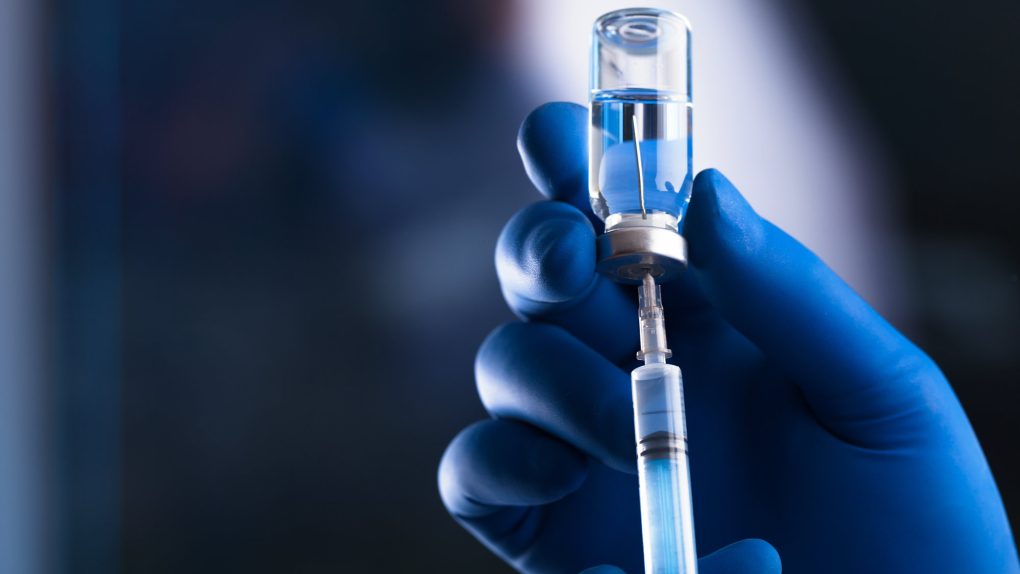- A company developing one of the coronavirus vaccine frontrunners confirmed it would not be in a position to seek emergency use authorization by November 3rd, and said the experimental drug would be ready for public use next spring.
- Moderna, the first company to start COVID-19 vaccine trials in western countries, said it might be ready to seek approval by November 25th, well after the presidential election.
- President Trump named Moderna during the first presidential debate earlier this week when he said that the US is “weeks away from a vaccine.”
Several coronavirus vaccine candidates have reached the final stage of testing in the US and Europe, and the first results might be available as early as this winter. The vaccines that prove to be safe and effective might then receive emergency use authorization, which would allow governments to start early immunization campaigns that would target at-risk groups before a broader vaccination campaign is possible.
Though a COVID-19 vaccine seems close, Americans are warier than ever about the first round of vaccines, citing safety concerns. Officials from the FDA and pharmaceutical companies attempted to defuse tensions about vaccine approvals after reports indicated that President Trump would pressure officials to approve a vaccine before November 3rd. Political pressure aside, there’s no guarantee that vaccines will work, and one of the companies behind a promising frontrunner just confirmed the drug wouldn’t be ready for emergency approval before the presidential election, saying that the vaccine might realistically arrive next spring.
That’s the second frontrunner vaccine project encountering issues, after AstraZeneca’s safety incident that forced the FDA to pause the US arm of Phase 3. AstraZeneca resumed its trial in the UK a few days after the incident, but the US trial remains on pause.
Moderna is the first US company to have started vaccine trials and has offered promising developments along the way. The company is working with the US government on the mRNA experimental drug, which represents a first for the vaccine industry. Pfizer and BioNTech also have an mRNA vaccine in Phase 3 trials.
Moderna was also the first to say that its drug might be ready for emergency use this fall, and that was well before Phase 1 results came in. The company’s CEO Stéphane Bancel revised the timeline on Wednesday, saying the vaccine will not be ready for widespread public distribution until next spring. Just earlier this month, Moderna said it could seek approval by November 1st.
The exec told Financial Times (via CBS News) Moderna will not seek emergency use authorization for frontline medical workers and other at-risk categories until November 25th.
“I think a late [first quarter], early [second quarter] approval is a reasonable timeline, based on what we know from our vaccine,” Bancel said at a health conference on Wednesday.
A spokesperson later confirmed Bancel’s remarks, saying that the company would have enough vaccine testing data to apply for emergency use authorization by November 25th.
President Trump earlier this week named Moderna among the COVID-19 vaccine makers that have late-stage testing underway. “We’re weeks away from a vaccine,” Trump said during the first presidential debate with Biden. Trump responded to a question from Chris Wallace about why he disagrees with a CDC prediction that said a vaccine won’t be ready until summer.
“I’ve spoken to Pfizer, I’ve spoken to all of the people that you have to speak to — Moderna, Johnson & Johnson and others. They can go faster than that by a lot,” Trump said.
With AstraZeneca on pause, and Moderna delayed, Pfizer remains the only coronavirus vaccine frontrunner that might apply for emergency use authorization in the coming weeks. Johnson & Johnson started trials as well, but the company is behind its competitor. Novavax kicked off its Phase 3 trials only on September 24th, several weeks behind AstraZeneca, Pfizer, and Moderna.
CBS News says that about a third of vaccine candidates typically make it through all three phases of testing, citing Deutsche Bank estimates. So far, more than seven vaccine candidates are in late-stage testing in the west, out of more than 170 candidates, according to the report. China and Russia have more than five vaccines between them that have reached Phase 3 trials, and some are already used on at-risk categories of people.








